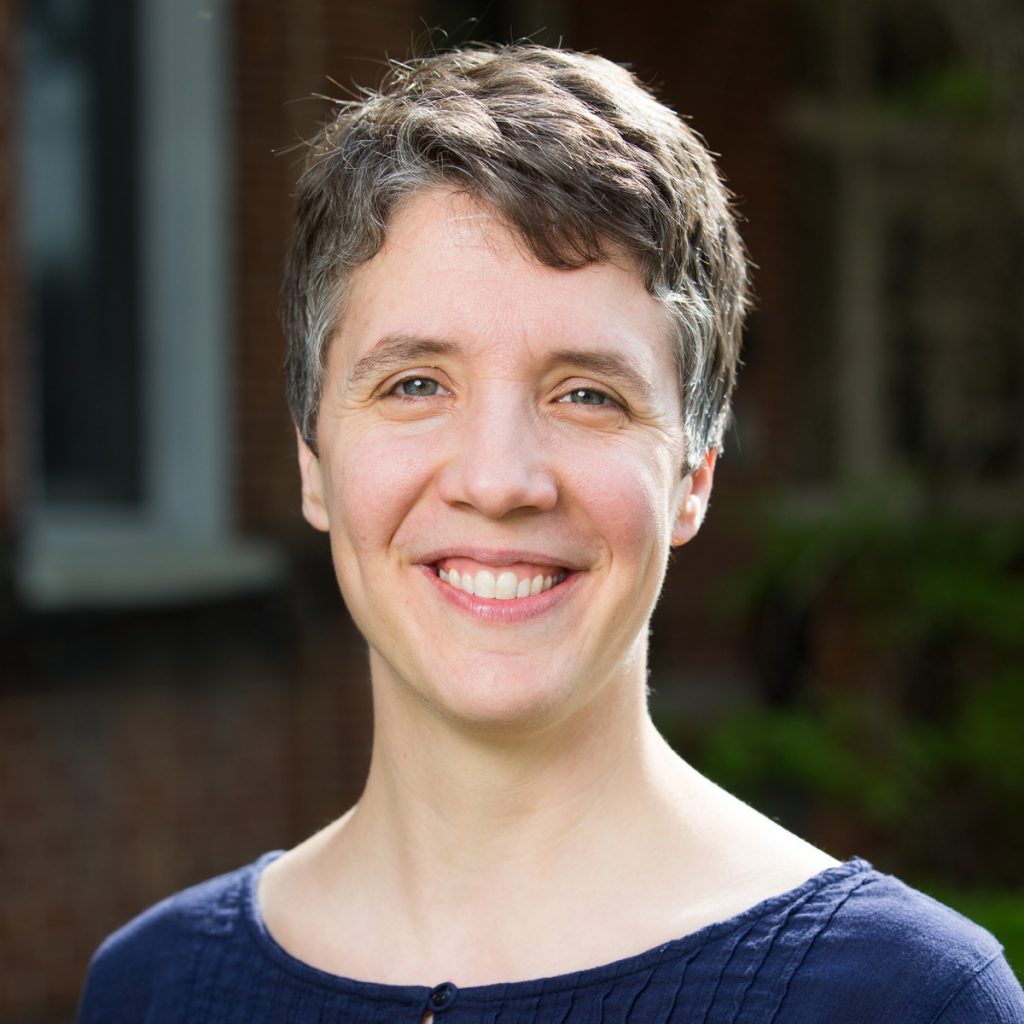 Download High Resolution
Download High Resolution
Kaija Mortensen
Associate Professor of Comparative Philosophy, Chair of the Comparative Philosophy Department
| Credentials: | BA Colorado College, Philosophy PhD, University of California-Santa Cruz, Philosophy |
| Associated Departments: | Comparative Philosophy, Integrative Studies |
| Office: | Psychology 307 |
| Phone: | 434-947-8535 |
| Email: | kmortensen@randolphcollege.edu |
News Headlines
- Moscarítolo Palacio, Mortensen receive Interfaith America Curriculum Development Grant
- Mortensen publishes article in philosophy journal
- Students deliberate ‘Ethics and Social Justice’ in VFIC Ethics Bowl
- Randolph junior eyes Olympics while making her mark in the national weightlifting arena
- Kids say the most philosophical things: new program teaches philosophical concepts to children
- Randolph students to debate multicultural ethical issues in VFIC Ethics Bowl
- Randolph students engage in political debates at VFIC Ethics Bowl
- Randolph team wins debates about ‘Ethics and Civic Responsibility’ in VFIC Ethics Bowl
- Kaija Mortensen presents research at national conference
My first course as an undergraduate was Philosophy of Mind. As we read the work of philosophers from Aristotle to Daniel Dennett, I was fascinated by the ways our collective inquiry mirrored our subject matter as we used both our introspective experience and collaborative analysis to draw conclusions about the nature of the mind. I marveled at the skillful way my professors orchestrated class discussion. I was impressed by the pleasure my classmates took in listening to and challenging one another and the course texts. Over time, I realized that I wanted to spend my life doing these things, thinking in concert with other minds.
I teach a variety of courses, including Knowledge and Reality, Philosophy of Mind, History of Modern Philosophy, Practical Reasoning, and Logic. I am convinced that dialogue is the central activity of philosophy. Participation in such dialogue regardless of one’s role as a student or teacher requires learning (1) how to charitably understand the ideas of others, (2) how to critique ideas in ways that contribute productively to an overall investigation, and (3) how to enter one’s own voice (in writing and speaking) into an ongoing conversation articulately and on point. I help my students strengthen their skills in each of these areas and hope that, as a result, they leave my class with an increased understanding of the relationship between themselves as knowers and the things they claim to know.
My current research questions the ways theories of knowledge and theories of mind inform how philosophers (should) do philosophy and the ways expertise is developed (both in philosophy students and professional philosophers). I am also interested in Experimental Philosophy, a new field that uses the methods of social science to answer philosophical questions, and what it can teach us about the discipline of philosophy.
My philosophical interests also include peer disagreement; the relationships among philosophical, scientific, spiritual, and aesthetic ways of knowing; and the historical origins of current philosophical debates about intuition.
As you may have inferred from my emphasis on dialogue in my description of philosophy above, my second love is theatre, followed closely by the other performing, literary, and visual arts.